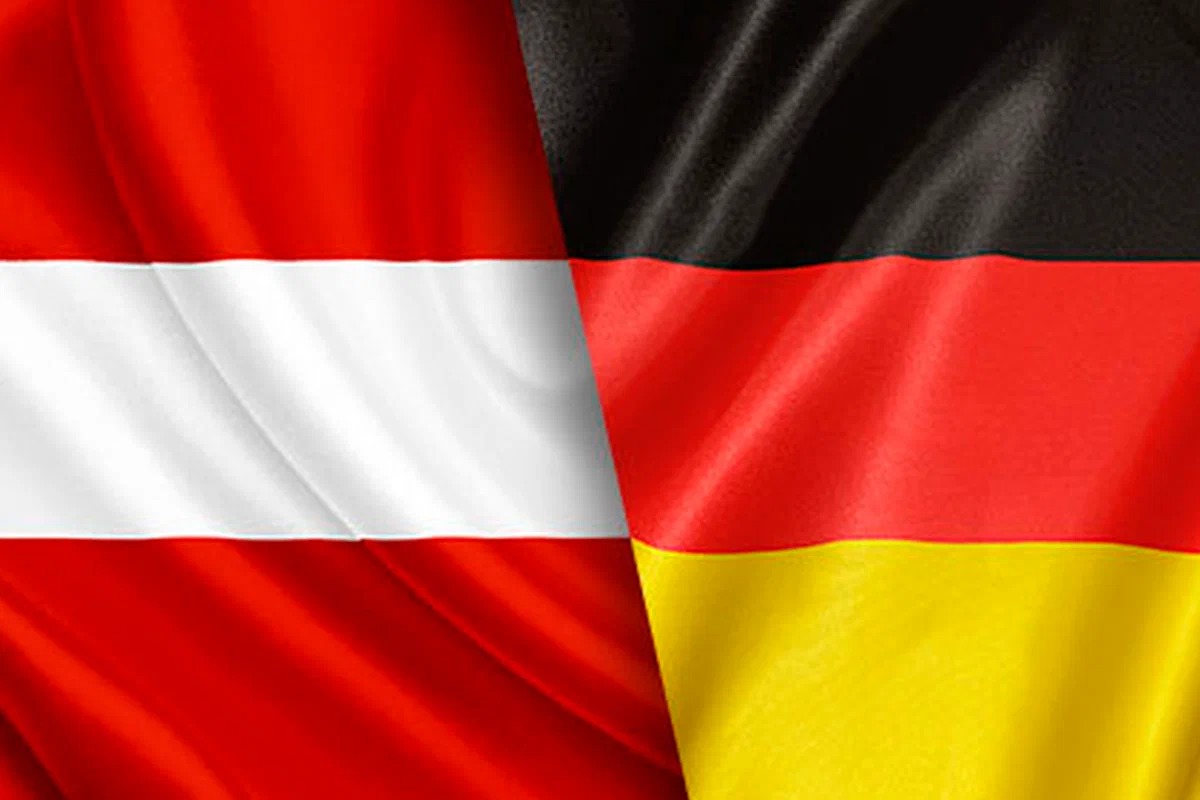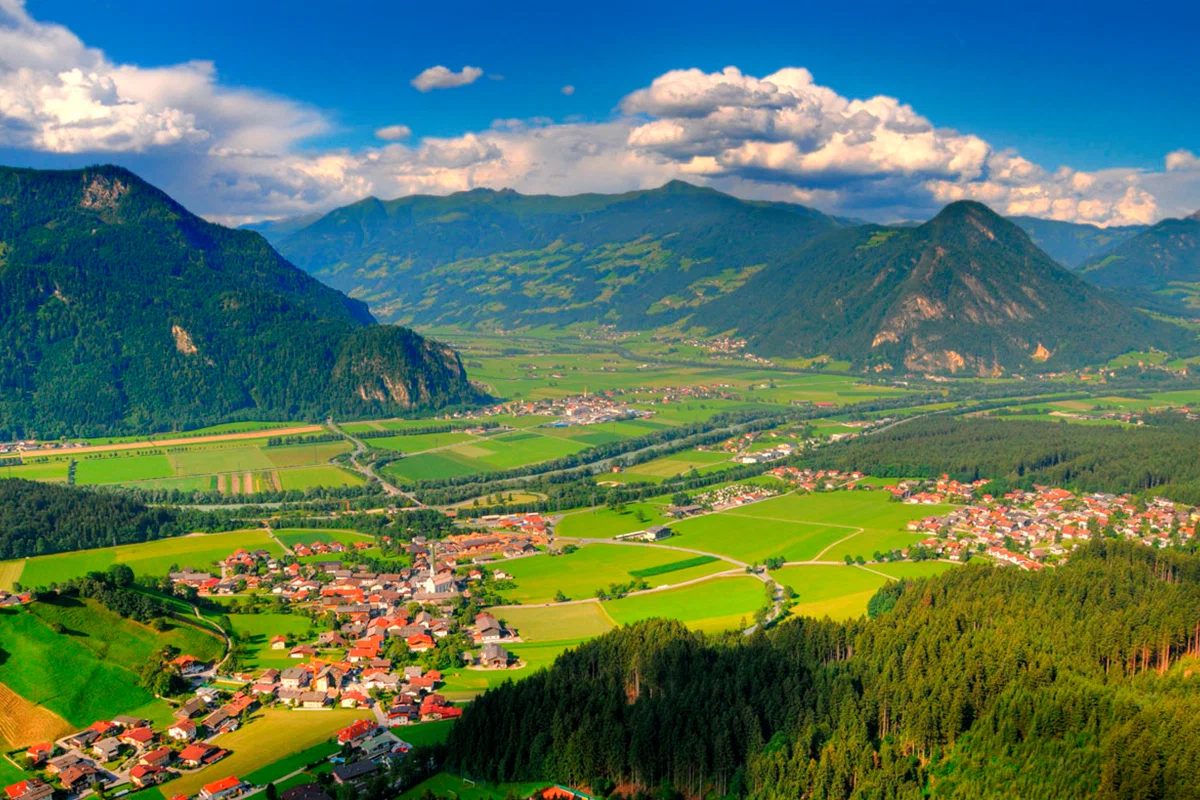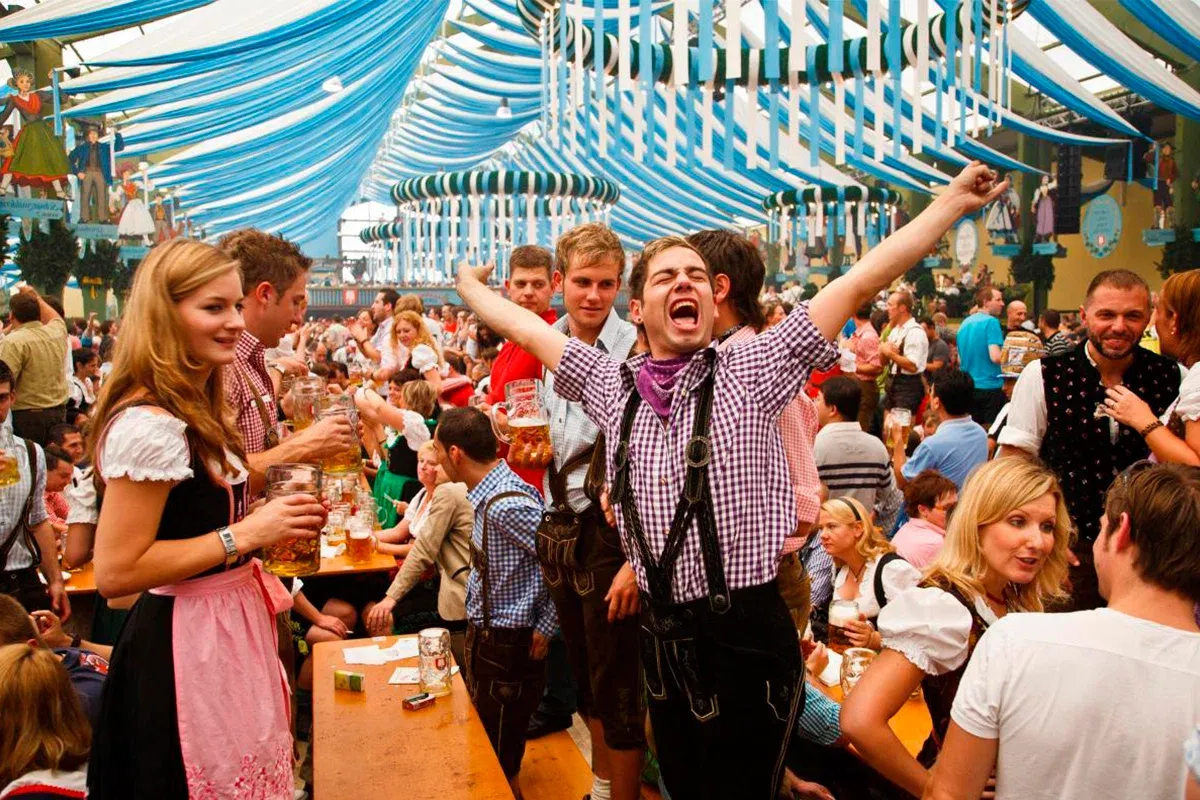The classics of the study of the national question rightly claim that the sense of belonging to the people is not about language or origin. It is not them, but self-determination, self-awareness, history and mentality that make people one ethnic group.
A striking example is the Germans and Austrians.
The geographically close Germans and Austrians, speaking a common language, having equally ancestral Germanic tribes, do not see themselves as one people at all. Moreover, they dislike each other, laugh at their neighbors and have fought many times in history. If an Austrian is mistakenly called a German, he will be corrected, even if he is not offended.
Why are Germany and Austria different peoples and do not want to unite?
How did it turn out that completely different ethnic groups were formed from a single ethnic origin and close geographical proximity?
There are several reasons for the differences between Germany and Austria.
Mountains and Plains
First, there was a difference in scenery. Germany is mostly a plain. But Austria’s valleys lie among the highest mountains.
Because of their natural isolation, climbers are often more acutely aware of their ethnic identity.
Apparently, it was the mountains that once cut off different parts of the Germanic tribes and led to the formation of two ethnic groups in parallel – the Germans and Austrians, who spoke dialects of one language.
But then the difference between them started to grow with historical and cultural processes.
Empire and Fragmentation
Austria was established as a single state much earlier. It was already a large empire that united a large territory and took an active part in world politics.
And Germany remained feudally fragmented for a long time. Language, cultural differences and the emphasis on belonging to a particular country rather than a single Germany are often striking among Germans today. More than 2 dozen small German principalities were unified only in the nineteenth century.
As a result, Austrians laugh at German urbanites who had a more provincial and urban culture in the past, emphasizing the legacy of a brilliant and glorious empire.
Gruess Gott and the Guten Label
Despite the common language, similar traditions and even national costumes, Germans and Austrians have different mentalities.
The people of Germany are more meticulous and disciplined. And the Austrians have a somewhat frivolous attitude to punctuality. If Austrians are accused of being late or being late, locals laugh and say, “We are not in Germany!” he may say.
Germans are mostly Protestants and Austrians are zealous Catholics.
Germans can sometimes be noisy and uncertain on the streets and in transport. And in Austria it is customary to observe the silence and be at home with the family after 8 pm. Even signs calling for silence can be seen in Viennese cafes and other public places. Austrians are more polite and restrained than Germans. But if you smile and offer help in Austria – it’s sincere.
Even daily greetings and goodbyes are different. The Austrians call it servus or bark gothic during the meeting, and chus, which can be heard only in the south of Germany at farewell.















